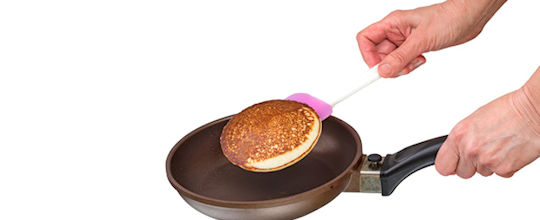The Rest of the Story X 4
Channeling Paul Harvey today…. (Don’t know who Paul Harvey is? Maybe you’re too young, or you never spent much time listening to Talk Radio… Paul Harvey was famous for his radio broadcasts called “The Rest of the Story.” His stories always featured a twist or turn, or something unexpected.) Over the past few months, I’ve blogged about points, lessons, or stories, some of which have interesting follow-up or twists to them. So I’ve put them into one post for you – and thus we’re channeling Paul Harvey.







